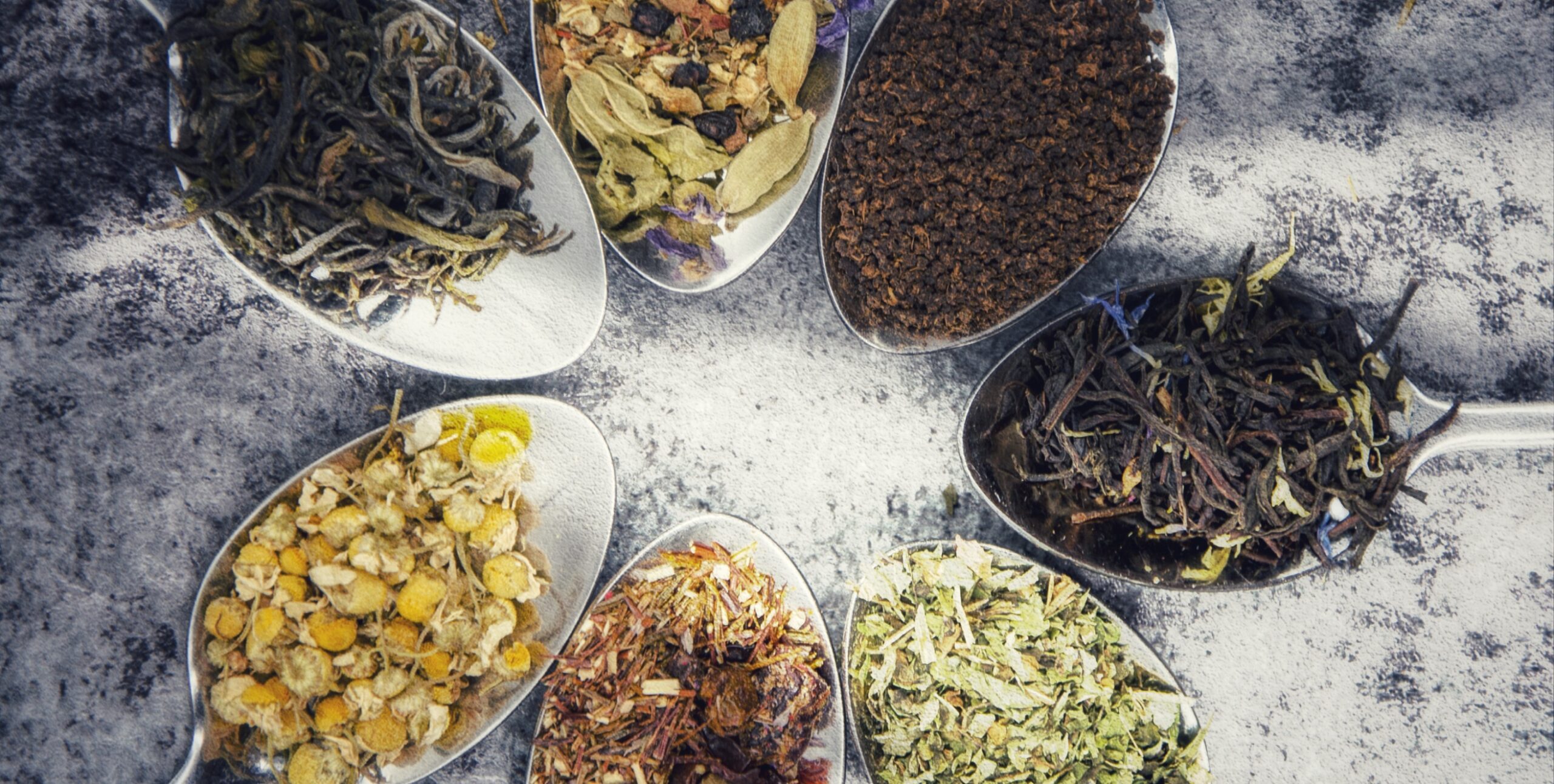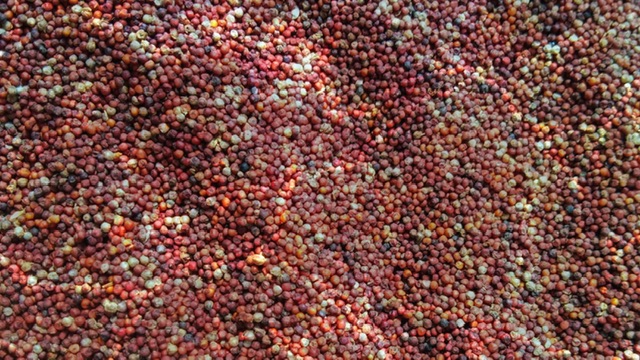Ever thought about it…nobody adds fertilisers to forest soils, nobody sprays fertilisers in them, and yet the forests are home to tall, expansive and healthy trees that bear delicious fruits. The reason for this is the micro-organisms in the soil, which help the roots to absorb all the nutrients.
Why then do we need to apply fertilisers and chemicals to our fields? Because we have killed those microorganisms in their soil, by the use of the same chemicals, because some of us thought GM and Hybrid foods (which require these inputs) would help increase productivity.
There is no substantial evidence to establish that GM crops yield more than conventional crops, but they definitely lead to a greater use of pesticides which is harmful for both humans and the environment. Today there are at least twenty six countries including Switzerland, Australia, Austria, China, India, France, Germany, Hungary, Luxembourg, Greece, Bulgaria, Poland, Italy, Mexico and Russia who have total or partial bans on GMOs. Significant restrictions on GMOs exist in about sixty other countries.
Genetic engineering disrupts the food’s genetic code which can give rise to potentially toxic or allergenic molecules. The nutritional value of the food produced also gets affected. The Bt Toxin used in GMO corn was detected in the blood of pregnant women and their babies leading to harmful consequences.
Genetic contamination is also very harmful which occurs when the GM crops are released in the open and they pollinate with the natural varieties of the same crop. They not only pose a serious threat to natural plant and animal-life like bees and butterflies but are also resulting in infestation by new superbugs.
GM crops make the poor farmer depend on buying seeds and chemicals regularly which leads to majority of them ending up in debts. 270,000 farmers have committed suicide in India between 1995 and 2012.
The above are reasons enough to stop the infestation of GM foods and related toxins into our soil, water, air and body. Using natural insecticides and pesticides like cow’s urine and buttermilk can go a long way in improving the produce from the fields and making the farmers self-sustained. Heirloom seeds that are passed from one generation to another traditionally not only offer variety in terms of taste and flavour but are also more resilient to insects and other diseases. Organic farming increases the produce multiple times and saves the environment from getting polluted. As consumers we need to be more aware about the health and environmental impacts of the food we consume. As responsible citizens we must spread this awareness and call for action.
It doesn’t take too many brains to understand that fertilisers and GM seeds are made in factories and factories are run by capitalist industrialists. So somewhere it is very clear that all these GM and fertiliser/pesticide philosophies and their onus have originated keeping in mind the financial health of a minority sector by completely ignoring the poor. At our various farms at Dhyan Ashram we grow non GM, non-pesticide crops which are healthy, nutritious and have an amazing taste.





